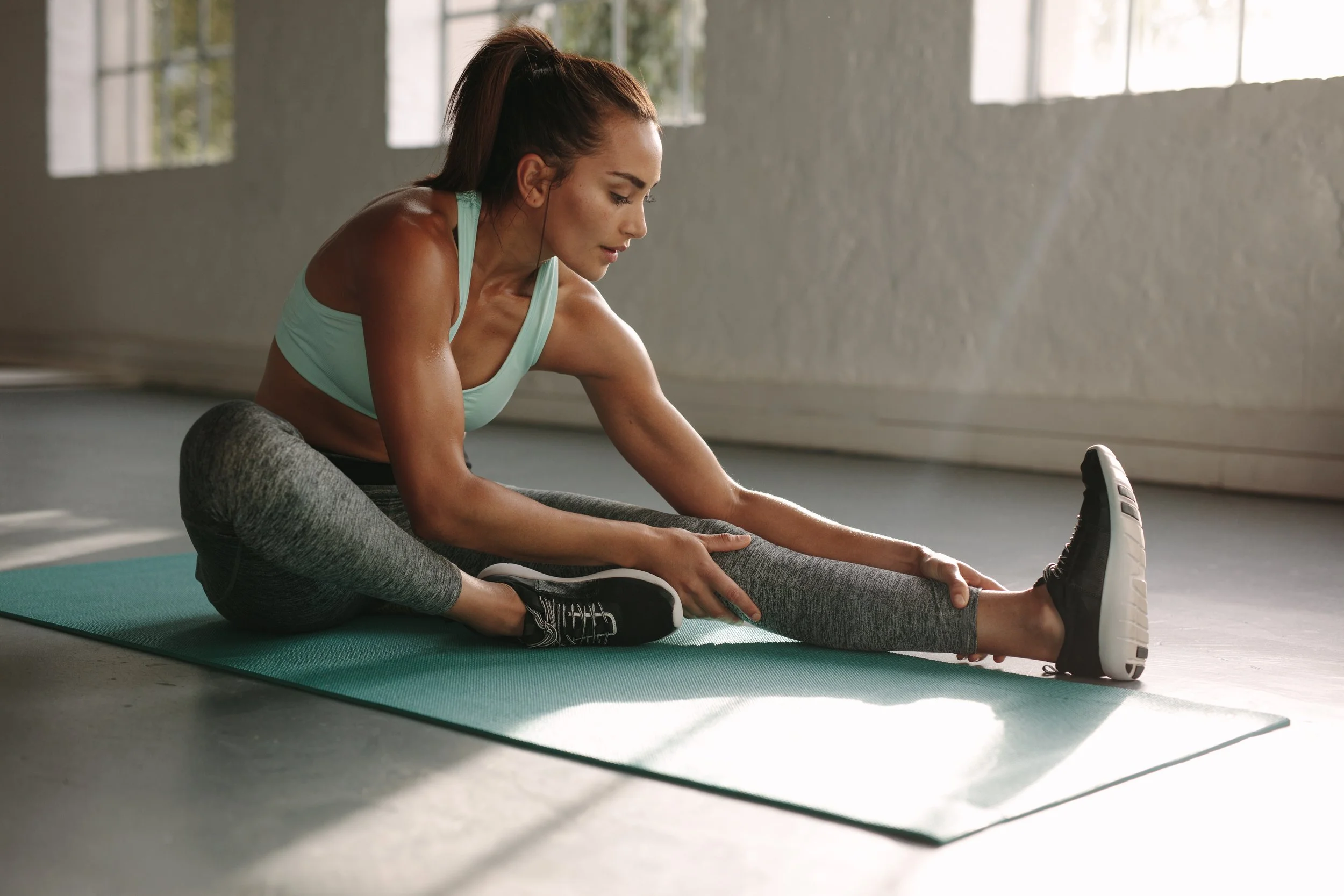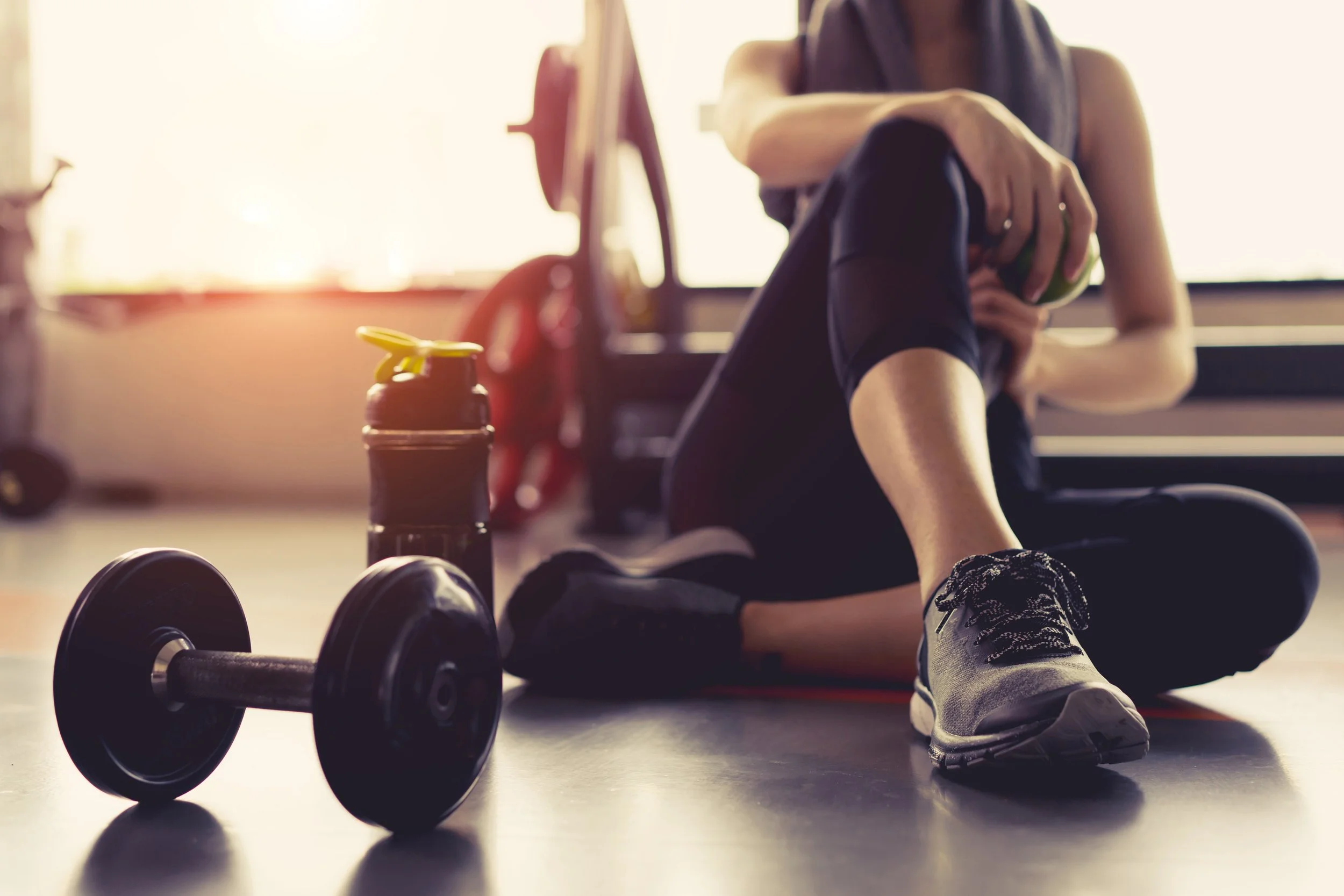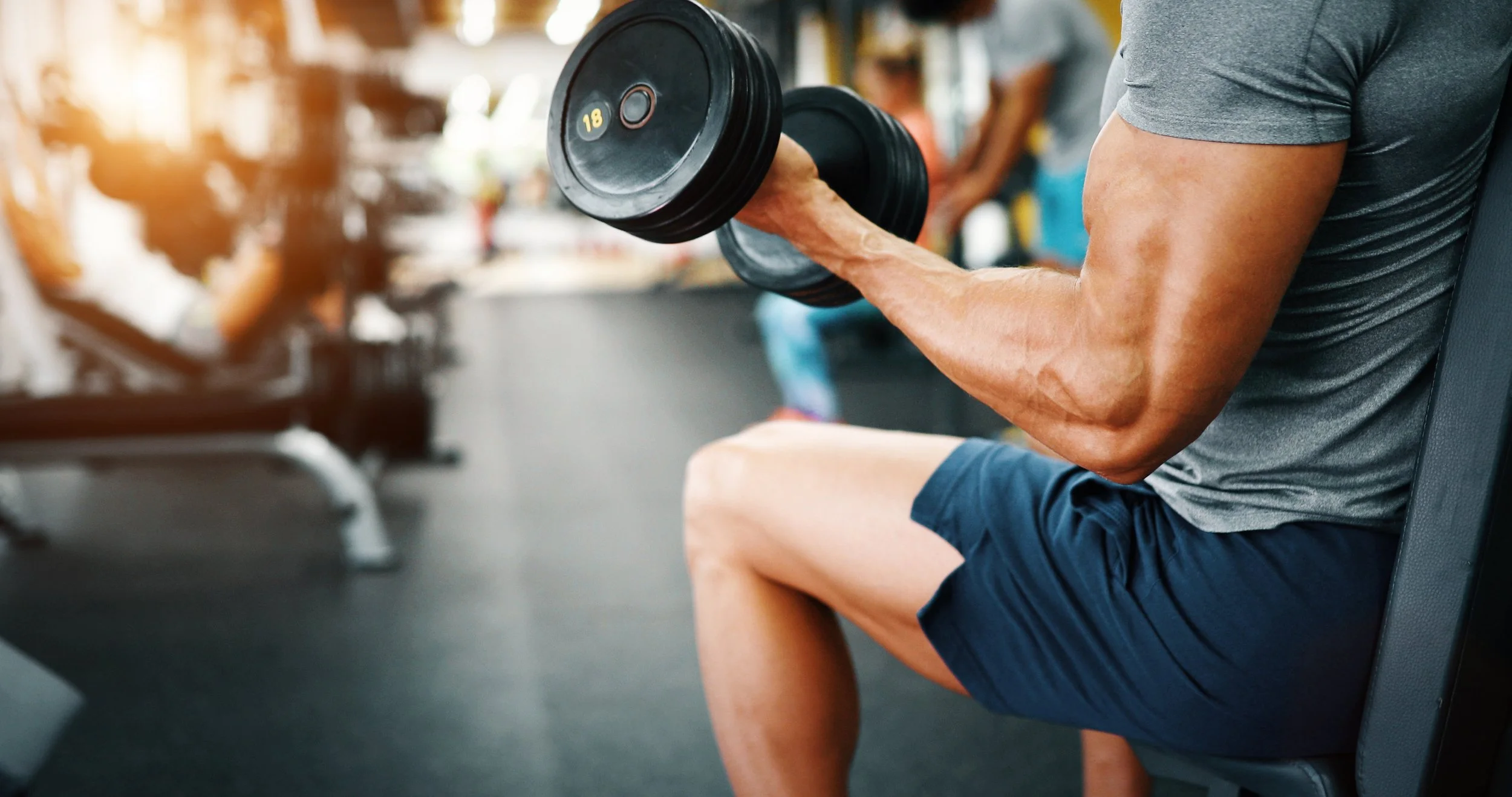Quick Tips to Relieve Sore Muscles
Whether you are a novice to fitness or are training for your tenth marathon, sore muscles can be a common nuisance. The discomfort can range from mild stiffness to significant pain, either way causing a hindrance. You might lose focus because you are absorbed by the pain or become unable to move your body with ease during everyday activities. Fortunately, this blog outlines several effective tips to alleviate muscle soreness and get you back on your feet quickly.
Stretch it out. It might seem obvious but don’t forget to stretch your muscles. Gentle stretching focused on various muscle groups can help reduce tightness and improve flexibility. Concentrate on active stretching to release tension before a workout to warm up and moderate stretches after a workout to help cool down. Pay special attention to the muscles that are sore and avoid overstretching to prevent further injury.
Heat or cold therapies. If done correctly, applying heat or cold can be very effective in alleviating muscle soreness. Applying a cold pack during the first 24-48 hours after strenuous activity can lessen inflammation, numb the sore area, and slow blood flow, helping to reduce pain. After the initial period, switch to heat to soothe, loosen, and relax tight muscles, promoting blood flow to the area. Try soaking in a warm Epsom salt bath to ease soreness and reduce inflammation.
Hydrate and eat right. Muscles crave proper hydration and nutrients as they encourage easier recovery. Water not only helps flush out toxins it carries the necessary nutrients required to repair muscles. Aim to drink at least 8 glasses of water per day and increase your intake if you’re engaging in intense physical activity such as a workout, weightlifting, or athletics. As for meals, eat a balanced diet rich in protein, vitamins, and minerals to help repair muscles and help them function at their best.
Stay active. While it may seem counterintuitive, mild exercise can actually help alleviate muscle soreness. Low-impact impact activities like walking, swimming, or yoga can increase blood flow to the muscles, helping to reduce stiffness and speed up recovery.
Massage away the soreness. A good massage can work wonders. Deep tissue, kneading, or pressure is a type of bodywork that can increase blood circulation, reduce tension, and enhance the flow of oxygen and nutrients through pathways reaching muscles. Opt for a professional massage or use foam rollers, massage or tennis balls or other at-home tools.
Listen to your body. You know your body best, so listen to it! Pay attention to how your body responds to different recovery techniques and adjust accordingly. And don’t push your muscles, instead give them adequate rest, this is when muscle recovery happens best. Get enough sleep (7-9 hours per night) and build in rest days between workout sessions.
Don’t just build your muscles, care for them, too. Effectively manage and reduce muscle soreness with the above tips and better prepare to be active and maintain your health and wellness goals.





